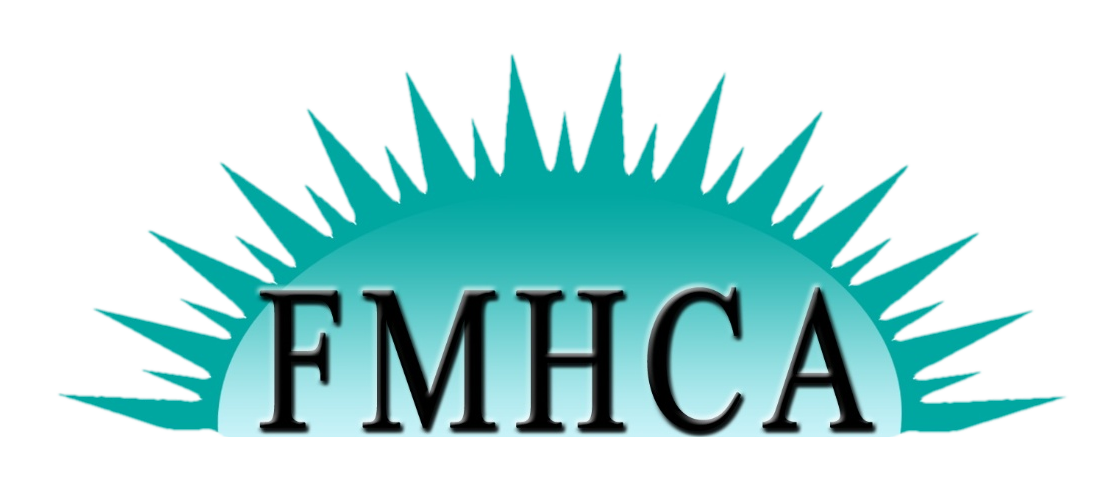Upcoming Webinars
-
America/New_York
14 Mar 2025 2:00 PMOnline (GoToWebinar)
-
America/New_York
21 Mar 2025 2:00 PMOnline (GoToWebinar)
-
America/New_York
04 Apr 2025 2:00 PMOnline (GoToWebinar)
-
America/New_York
11 Apr 2025 2:00 PMOnline (GoToWebinar)
-
America/New_York
25 Apr 2025 2:00 PMOnline (GoToWebinar)
-
America/New_York
02 May 2025 2:00 PMOnline (GoToWebinar)
Networking Events
-
America/New_York
09 Apr 2025 12:00 PMOnline (GoToMeeting)
-
America/New_York
03 May 2025 4:00 PMGrandview Public Market 1401 Clare Ave, West Palm Beach, FL 33401
-
America/New_York
09 Jul 2025 12:00 PMOnline (GoToMeeting)
Regional Events
-
America/New_York
10 Apr 2025 9:00 AMLifeQuest Church 3998 SW Leighton Farm Ave Palm City, FL 34990
-
America/New_York
05 May 2025 8:30 AM9801 Belvedere Road, Royal Palm Beach, FL 33411
Featured Members
FMHCA is a chapter of the American Mental Health Counselors Association, and is the only organization working exclusively for LMHCs in the State of Florida.
Menu
Log in
|
NBFE Forensic Mental Health Evaluation Certification Workshop |
Powered by Wild Apricot Membership Software
 Florida mental health COUNSELORS association
Florida mental health COUNSELORS association








.png)


























.png)













